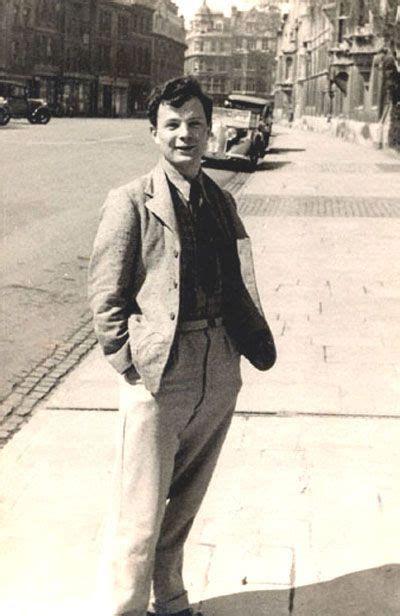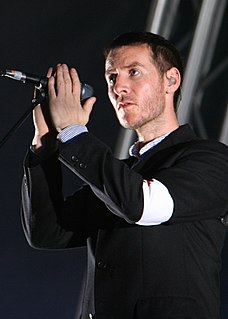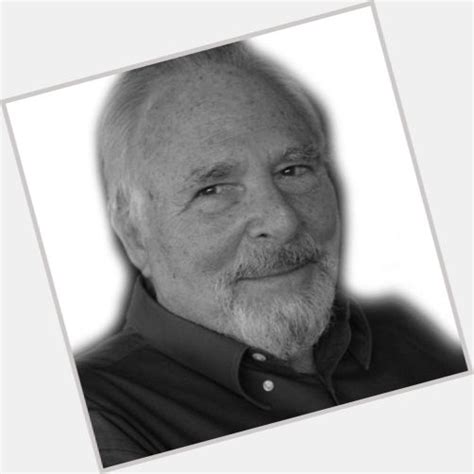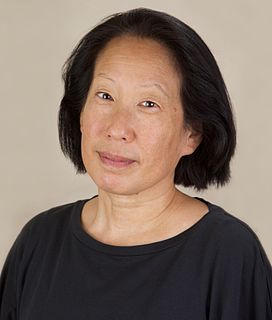A Quote by Julian Baggini
The idea that there is a sharp boundary between our true inner selves and the outside world is pervasive but highly questionable. The boundaries of the self might well be more porous than we ordinarily think.
Related Quotes
Eros is an issue of boundaries. He exists because certain boundaries do. In the interval between reach and grasp, between glance and counterglance, between ‘I love you’ and ‘I love you too,’ the absent presence of desire comes alive. But the boundaries of time and glance and I love you are only aftershocks of the main, inevitable boundary that creates Eros: the boundary of flesh and self between you and me. And it is only, suddenly, at the moment when I would dissolve that boundary, I realize I never can.
Some might say that looking inside of ourselves for spiritual truths is egocentric and selfish, and that egolessness and selflessness lie in working for others in the world. But until we find our inner truth, our work in the world will always revolve around our 'selves'. As long as we think about the world in terms of 'self' and 'others', our actions will be selfish. Our 'self' follows us wherever we go, so positive results will be limited.
I think that the idea of boundaries is being challenged everywhere. And I think our fascination with sci-fi is that it is a boundary-less world where we can kind of create the reality that we believe to be as opposed to the reality that is. It is about the beyond and the unknown in a different way than pretty much any type of storytelling is.
In our true blissful essence of mind is known that everything is alright forever and forever and forever...listen to the silence inside the illusion of the world, and you will remember the lesson you forgot, It is all one vast awakened thing. We were never really born, we will never really die. It has nothing to do with the imaginary idea of a personal self, other selves, many selves everywhere: Self is only an idea, a mortal idea. That which passes into everything is one thing. It's a dream already ended.
Happiness is your real nature. You identify with yourself with the body and mind, feel it's limitations, and suffer. Realize your true self in order to open the store of happiness. That true self is the reality, the Supreme Truth, which is the self of all the world you now see, the self of all the selves, the One real, the Supreme, the Eternal self - as distinct from the ego or the bodily idea for the self.
It's a matter of whether you see the self as fundamentally in relationship to other selves or not - whether you see the boundary between self and the world as relatively permeable, which makes you "interdependent" (collectivist) in outlook, or relatively impermeable, which makes you "independent" (individualistic).
Most of us live our lives desperately trying to conceal the anguishing gap between our polished, aspirational, representational selves and our real, human, deeply flawed selves. Dunham lives hers in that gap, welcomes the rest of the world into it with boundless openheartedness, and writes about it with the kind of profound self-awareness and self-compassion that invite us to inhabit our own gaps and maybe even embrace them a little bit more, anguish over them a little bit less.
I believe one of our souls' major purposes is to know, love, and express our authentic selves. To live the life and be the person we were created to be. However, our true selves only emerge when it's safe to do so. Self-condemnation, shame, and guilt send your true nature into hiding. It's only in the safety of gentle curiosity, encouragement, and self-love that your soul can bloom as it was created to do.


































